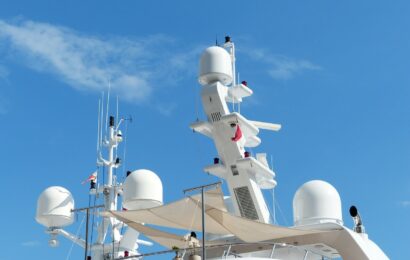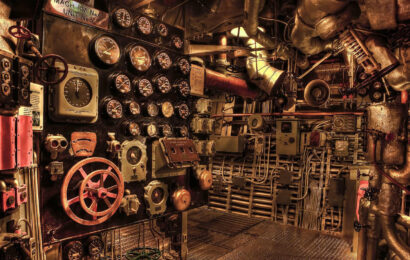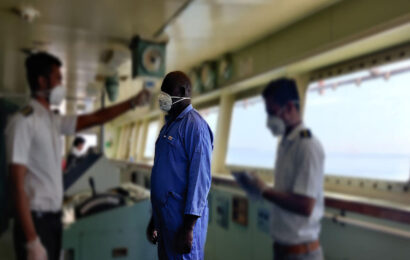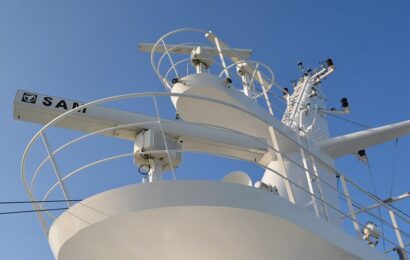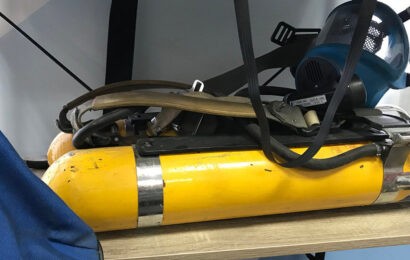- Students: 13
- Duration: 62 hours
Preparation for cargo operations on gas tankers under the expanded program
Preparation for cargo operations on gas tankers under the expanded program
For captains, senior assistants, mechanics, other representatives of the tanker-gas tankers it is important to undergo advanced training, allowing them to lay on them the performance of cargo, ballast operations
The aim of the course is to prepare persons belonging to the command and rank of gas tankers for special duties, which arise from the presence of cargo and the use of cargo equipment.
The objectives of the Advanced Training for Liquefied Gas Tanker Cargo Operations course are to prepare trainees for qualified performance in accordance with the requirements contained in the 1978 PDNV Convention.
The content of the course is a harmonious combination of practical and theoretical lessons.
- what requirements for such vessels are made by international maritime conventions, national law;
- tanker terminology;
- the device of gas tankers, factors that affect their differentiate, stability, voltage of the vessel;
- what physical and chemical properties have liquefied gases, what dangers exist in the performance of cargo, ballast operations with them;
- What preventive and security measures are necessary in various liquefied natural gas operations;
- how to use control and measurement systems and instruments on gas tankers; What is the order of repair, aural works;
- what are the principles on which the fight against fires on gas stations is based;
- How to prevent pollution of the sea, the environment;
- how to provide first aid to victims.
The student who has passed the course must be able to:
- perform duties in accordance with the requirements of international maritime conventions, regulations, national legislation;
- Make plans for cargo, ballast operations and monitor their performance;
- to carry out the calculations necessary for carrying out cargo, ballast operations so that conditions that do not pose a threat to the differentient, the tensions of the tanker-gas tanker are observed;
- Ensure safety at all stages of the tanker-gas tanker’s production activities;
- use of the equipment provided in the right place to avoid damage to the goods transported and the pollution of the sea and the environment;
- in accordance with the official position to participate in maintaining the survivability of the vessel.
Requirements for listeners:
- to be at least 18 years old;
- Be admitted to duty for health reasons;
- take an initial training course for cargo operations on gas tankers or have three months of experience working on them;
- to take a course of fire training on onshore simulators.


